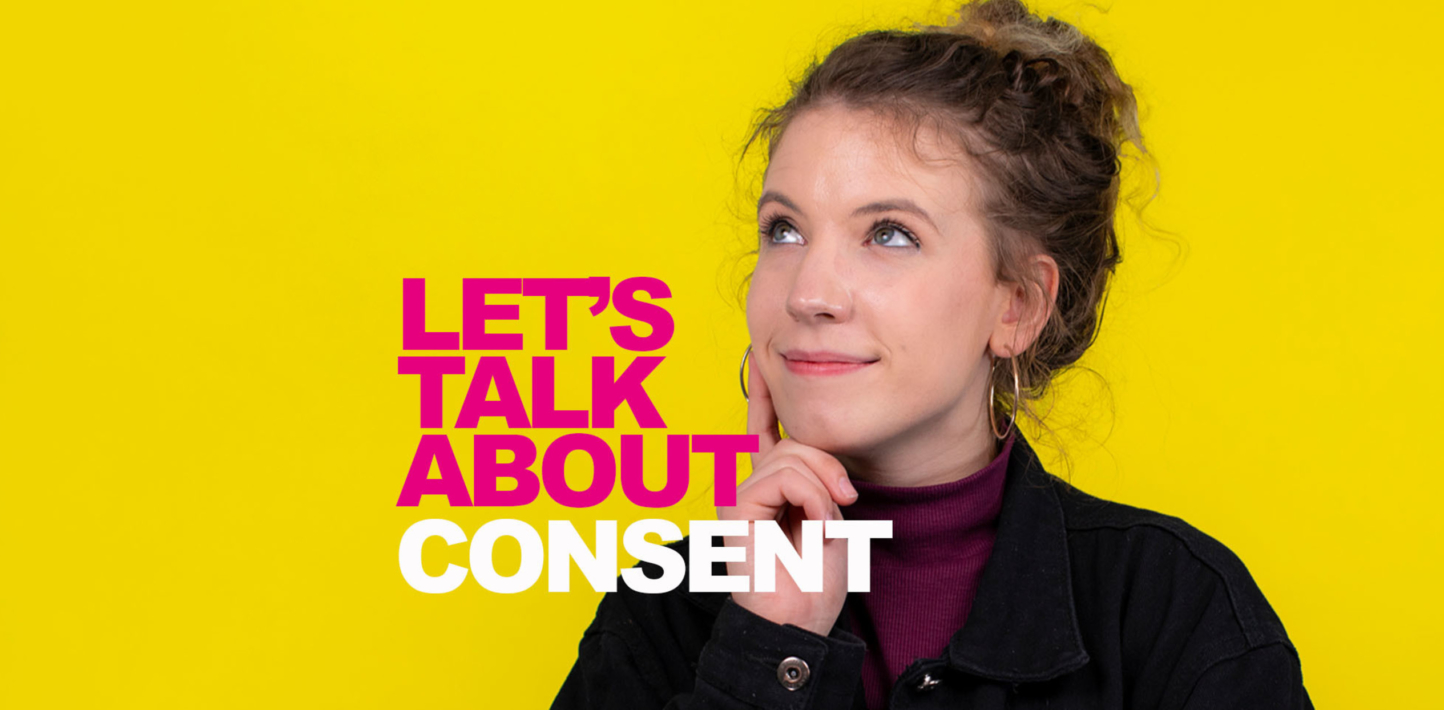Talking about consent and promoting a “consent culture” matters.
It is a much-needed step to debunk the so-called “rape culture” that normalizes and even justifies sexual violence, including rape, in our societies.
A clear understanding of what sexual consent means can help prevent rape and other sexual crimes.
In some countries, open public conversations about consent are needed to galvanize support to reform outdated rape laws.
Laws that define rape based on the absence of consent set a clear boundary between consensual sex and rape and contribute to important discussions about sex and consent. So far, only 13 out of 31 European countries analysed by Amnesty International have consent-based laws in place.
In other countries, where the law is actually based on consent, rape continues to be common and survivors face great challenges in accessing justice and reparations.
Unfortunately, misconceptions and gender stereotypes about what constitutes sexual violence and the meaning of consensual sex are widespread.
“They didn’t say no”; “She was asking for it because of her clothes”; “They had consented to sex with me last week, therefore, today was also consented”, are some of the all-too-common responses that attempt to blur the understanding of consent.
The consequences of these attitudes are incredibly harmful: victims are not believed, they often blame themselves, end up not reporting the rape and perpetrators get away with the crimes – and could go on to do it again.
Even when survivors report a rape, they may end up being re-traumatised and denied justice due to the harmful myths and stereotypes embedded in the criminal justice system.
In any conversation around consent, whether it is a public talk, a workshop or as part of a social media conversation, we must be clear: when it comes to sex, consent is everything and there are no blurred lines.
You can use the following definition:
Consent is…
- Given freely: Sexual consent must be a voluntary and free choice for all parties involved. Being silent or not saying no is not the same as giving consent. Unconscious people and people incapacitated by alcohol or drugs cannot consent. Sex is not consensual when under coercion or intimidation. There might be other situations in which a person is not capable to genuinely consent – for example, if they don’t have the mental capacity to consent, or are underage.
- Informed: Lying or deliberately hiding certain intentions, such as unprotected sex, is not consensual sex. Forcing someone who is too drunk to refuse sex to agree to certain practices is not getting consent.
- Specific: Consenting to one thing (e.g. kissing) does not mean consenting to everything else. A general rule is: If in doubt, stop and ask. If you’re still in doubt, stop.
- Reversible: Consenting once does not mean consenting forever. Even within an ongoing sexual act, one should be free to pause or stop at any time and to revoke consent.
- Enthusiastic: The question is not whether a person says “no”, but whether they say “yes” or otherwise actively express consent in a variety of verbal and non-verbal ways
Consent is not about signing a contract! It’s about communication and about making sure all sexual activities happen with mutual consent.
The importance of sexual consent can be explained by considering other scenarios in which consent may be important and how they might be similar to sexual situations. For example, would you eat someone else’s food without asking them?
A common analogy used to illustrate how sexual consent should work is of making someone a cup of tea. Search “tea consent” or watch the video on YouTube.
Other useful analogies are “handshakes and consent”: and the “consent castle”’.
Now you’re clear on how to talk and think about consent. In our next blog, we’ll look at debunking myths and removing stereotypes.


